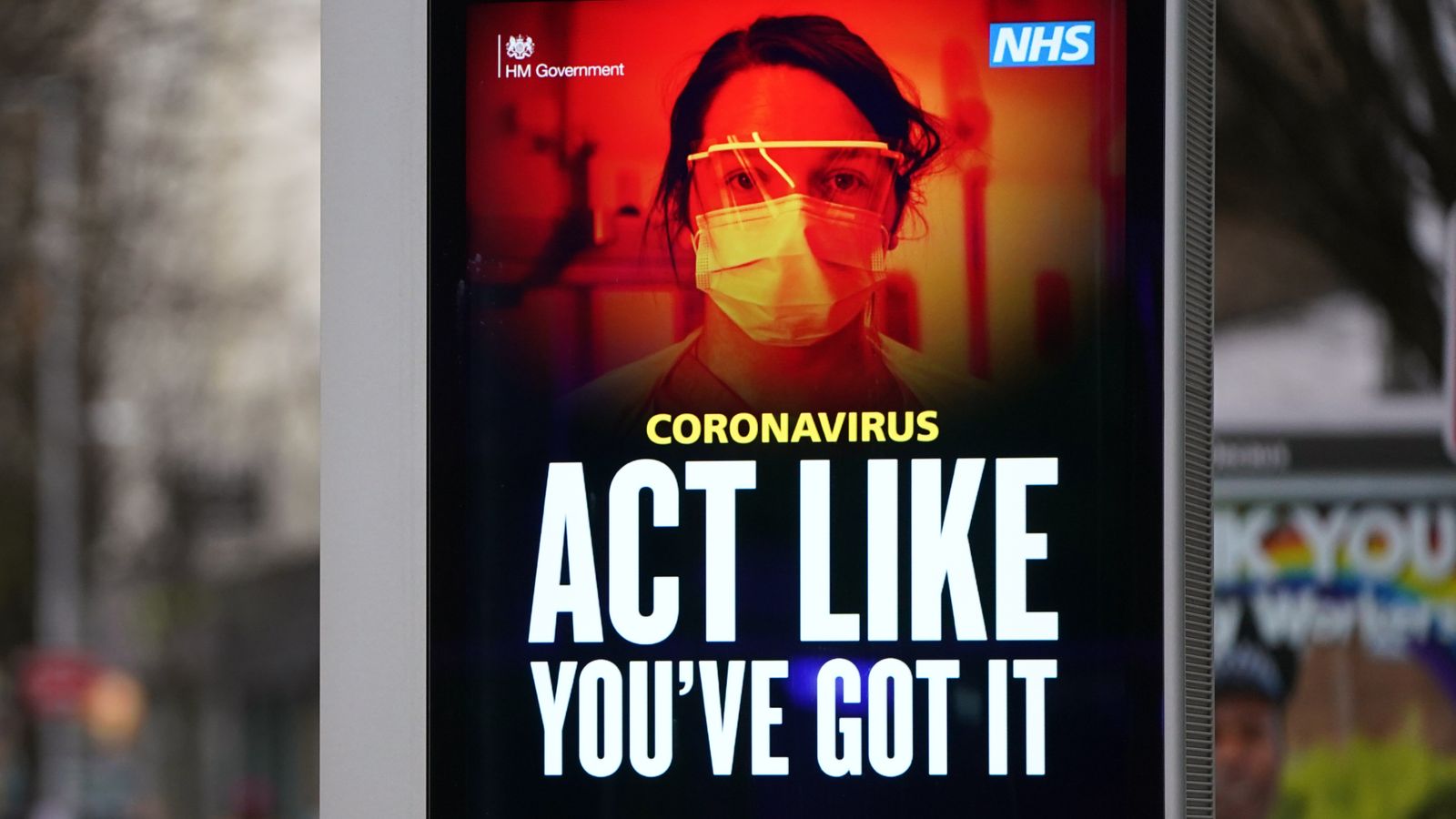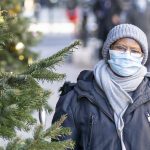People living in overcrowded houses who have to self-isolate will be offered alternative accommodation under a new scheme.
The aim is to help people to follow the rules, which require a period of self-isolation for those who have tested positive for COVID-19 and those who have been in close contact with them.
Some £11.9m will be split between local authorities in nine areas of England to encourage people to get tested and to isolate when necessary.
Included in the plan are social care, translation services for non-English speakers, and “buddying” services for those needing mental health support.
The chosen areas are those with some of the highest COVID-19 rates, including Newham and Hackney in London, Yorkshire and Humber, Lancashire, Greater Manchester, Cheshire and Merseyside, Peterborough and Somerset.
Health Secretary Matt Hancock said: “Variants have the potential to be a trojan horse for our hard-won progress and it is more vital than ever that we do what we can to show them the exit door, following the rules and self-isolating when asked.
“We recognise just how challenging self-isolation is for many people and these pilots will help us find the best ways to support people and making it easier for everyone to keep doing their bit.”
In April, a report from Public Health England and King’s College London said that 18% of people in the UK get tested if they have COVID-19 symptoms, and only 43% stuck to self-isolation rules.
The most common excuses for breaking the strict isolation guidelines were to go to the shops or work, a medical need other than COVID-19, and to care for a vulnerable person.
James Jamieson, chairman of the Local Government Association, said: “Rapidly targeting local outbreaks and supporting people to self-isolate when required is absolutely crucial to our continuing fight against coronavirus.
“These pilot schemes will provide further insight into what works best in supporting those who test positive and their contacts to do the right thing to protect themselves, their families and their wider communities.
“All councils continue to use their unique local knowledge and connections to reach out to areas where they are most needed, working with government in our joint national effort to stop the spread and keep case rates as low as possible as we look towards a return to our normal way of life.”






















